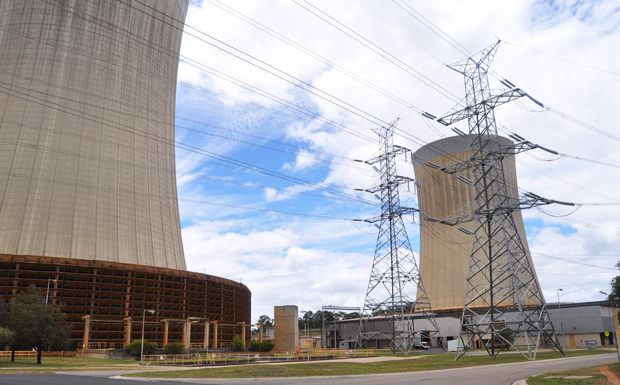
|
October 7, 2014
The State Government has ruled out selling government-owned corporations such as Stanwell and Ergon Energy, opting instead to lease the assets.
Premier Campbell Newman said today the State Government had “listened to Queenslanders and responded to their feedback about retaining their stake in public assets”.
“In response, the government has decided not to sell assets,” Mr Newman said.
“We have had an in-depth discussion about these issues in the Cabinet and the party room today and we have agreed to a plan to reduce debt and build infrastructure that will potentially create up to 25,000 jobs.”
Treasurer Tim Nicholls said Queenslanders had made it clear they wanted the State Government to deal with the $80 billion debt problem but they also wanted the government to retain control over the assets.
“Leasing some assets is the strongest and smartest choice because it will generate the funds needed to bring the State’s debt back under control, while ensuring Queenslanders always retain ownership,” Mr Nicholls said.
“Under our plan the government would write strict lease conditions to ensure Queenslanders’ interests were upheld.
“The leases would be for 50 years with an option to extend for a further 49 years and would include conditions around the appropriate use of land and the assets, safety requirements and service levels.”
Mr Newman said the State Government would also continue payments to the electricity companies to keep prices for regional Queenslanders in line with prices in the south-east.
“Importantly, this is a plan for Queensland’s future,” he said.
“By reducing our debt we can free up funds to create jobs and build the infrastructure our growing State needs.”
The State Government now proposes to offer for lease:
- The Ports of Gladstone and Townsville (with the Mt Isa Rail line)
- The commercial water pipelines of SunWater
- Electricity generators Stanwell Corporation and CS Energy Ltd
- Electricity transmission and distribution companies Energex, Ergon and Powerlink
- A range of “non-core business activities” currently run by the corporations
Mr Nicholls said the State Government had listened to advice of independent experts, Queensland’s Treasury and Queensland Treasury Corporation to ensure the Strong Choices final plan would also deliver the best financial outcome for Queenslanders.
He said the plan was expected to yield $37 billion.
Those funds would be allocated as follows:
- $25 billion to reduce State debt from $80 billion to $55 billion, with annual interest payments reduced from $4 billion to $2.7 billion – a saving of $1.3 billion
- $8.6 billion to establish the Strong Choices Future Investment Program which will create 11 separate funds, each of which is dedicated to supporting infrastructure considered vital to economic growth, jobs and vibrancy of regional communities
- $3.4 billion in a dedicated fund to relieve cost of living pressure for Queenslanders
“None of these proposals will be implemented until the government has received a mandate for this methodical and disciplined plan at the next State election,” Mr Nichols said.






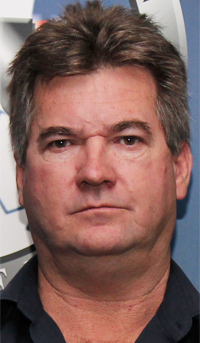






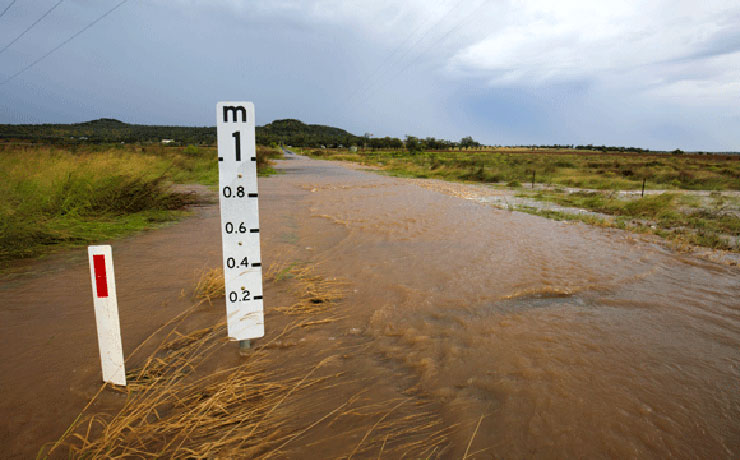

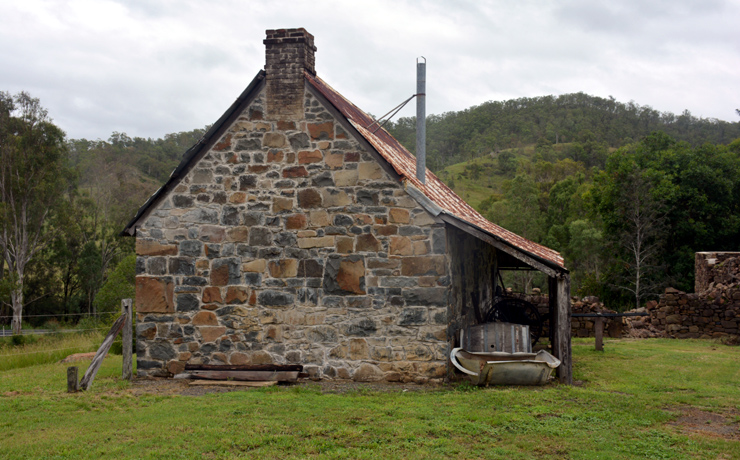





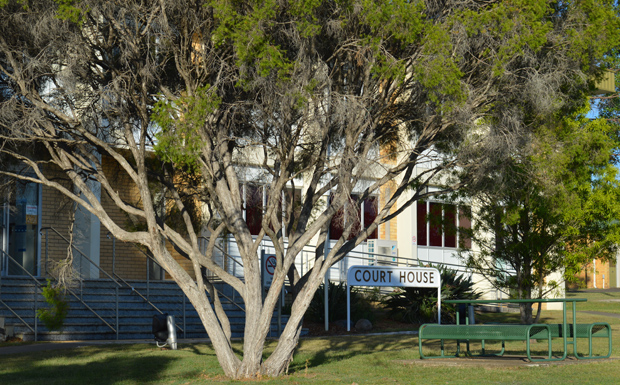

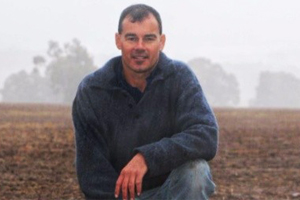

Comment by ALP Elder John Faulkner this week. Faulkner says Labor must take on its “Russian doll of nested factions” and break the undemocratic exercise of power through practices such as “binding” caucus votes. “The practice of factions, affiliates or interest groups binding parliamentarians in caucus votes or ballots must be banned,” he says.
He also says it is time to rework the relationship between the party and the trade union movement. Faulkner says unions are viewed and too often behave within party structures as institutional blocs: “Faceless institutions controlled by union secretaries who are in turn obedient to factional cartels.”
He says a better model would see union members voting and having a direct say on issues without the filter of the delegation. He says: “Influence over ALP policy should depend on the strength of your case and the quality of your argument, not on the number of members you claim belong to your union – a claim which, as we have seen recently, does not always accord with reality.”
The difference between union involvement in the ALP and business involvement within the LNP equate to no more then supporters barracking for one’s preferred sporting team whilst the referee stands idle.
Quite frankly it’s the impact of business interests and that influence acting on this State Government’s present asset policy possession that’s questionable.
Development of the mining industry through public funding of infrastructure projects, road, rail ports and power development etc along with tax minimization have added unaccountable billions to state debt. These are among the assets this government proposes to sell or lease at the precise time when profits earned by these assets would enhance any government’s ability to down pay debt.
Tax minimization and avoidance by businesses interests and corporations along with their ability to influence government taxation policies is the one area that must be addressed if there is to be a turnaround in this state’s financial standing. As with privatization or leasing of these assets, business interests and profit taken by those interests are most probably at the forefront of government decision making on this matter.
Farming, small business, wage earners and all low income earners must ask themselves: will the outcome for ordinary tax payers and power consumers benefit from this action with reduced power prices and taxation? Or will this action substantially increase costs to your daily operational and living expenses?
A similar situation exists regarding Kingaroy’s sewage treatment plant development and regulations that preclude additional real-estate industry development in that town.
Jack Black. How refreshing to always hear truth from you. I have some very interesting information that would explain a lot. In the meantime keep up your comments.